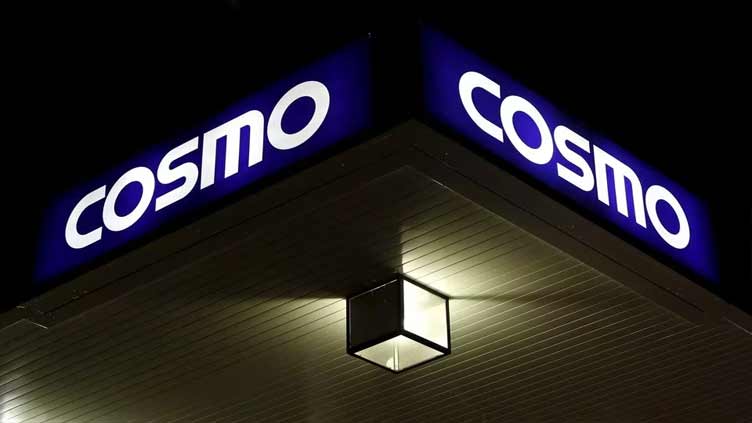Japan's Cosmo braces for 'poison pill' anti-activist vote

Business
Japan's third-biggest oil refiner is calling another shareholder vote on Dec. 14
TOKYO (Reuters) - Japan's Cosmo Energy Holdings could struggle to win shareholder backing for a revised "poison pill" strategy, its chief executive said on Friday, as the company seeks to defend itself from activist investors pursuing a hostile takeover.
Japan's third-biggest oil refiner is calling another shareholder vote on Dec. 14 to seek approval to discourage an activist group led by Yoshiaki Murakami from increasing its stake to 24.56% from its current 20%.
"We are fighting against heavy odds, as we know that certain investors flatly oppose any takeover defence," CEO Shigeru Yamada told Reuters in an interview.
Cosmo has for more than a year been trying to fight off Murakami.
In June, a previous vote on a poison pill to dilute the activists' stake if they buy more shares without following set procedures succeeded.
The upcoming vote is whether to block further purchases by the activists even when they comply with the set procedures.
Yamada said the company this time decided against adopting the tactic introduced in June, known as "a majority of minority vote", because its use could detract from the fundamental question of who would be best suited to increasing the value of the company.
"We want to ask shareholders whose plans can boost the shareholder value, ours or Murakami-san?" he said.
Majority of minority votes prevent specific shareholders from voting, a practice some governance experts say could serve as a new weapon against shareholder activism.
Yamada said the Murakami group does not have a concrete management strategy to improve Cosmo's corporate value.
The group, which says Cosmo's shares are undervalued, has floated ideas such as consolidating refineries and selling off the oil and gas development unit.
Yamada said refineries and oil and gas development will be the companies core business until around 2030 and consolidation or selling them would undermine shareholders' interests.


